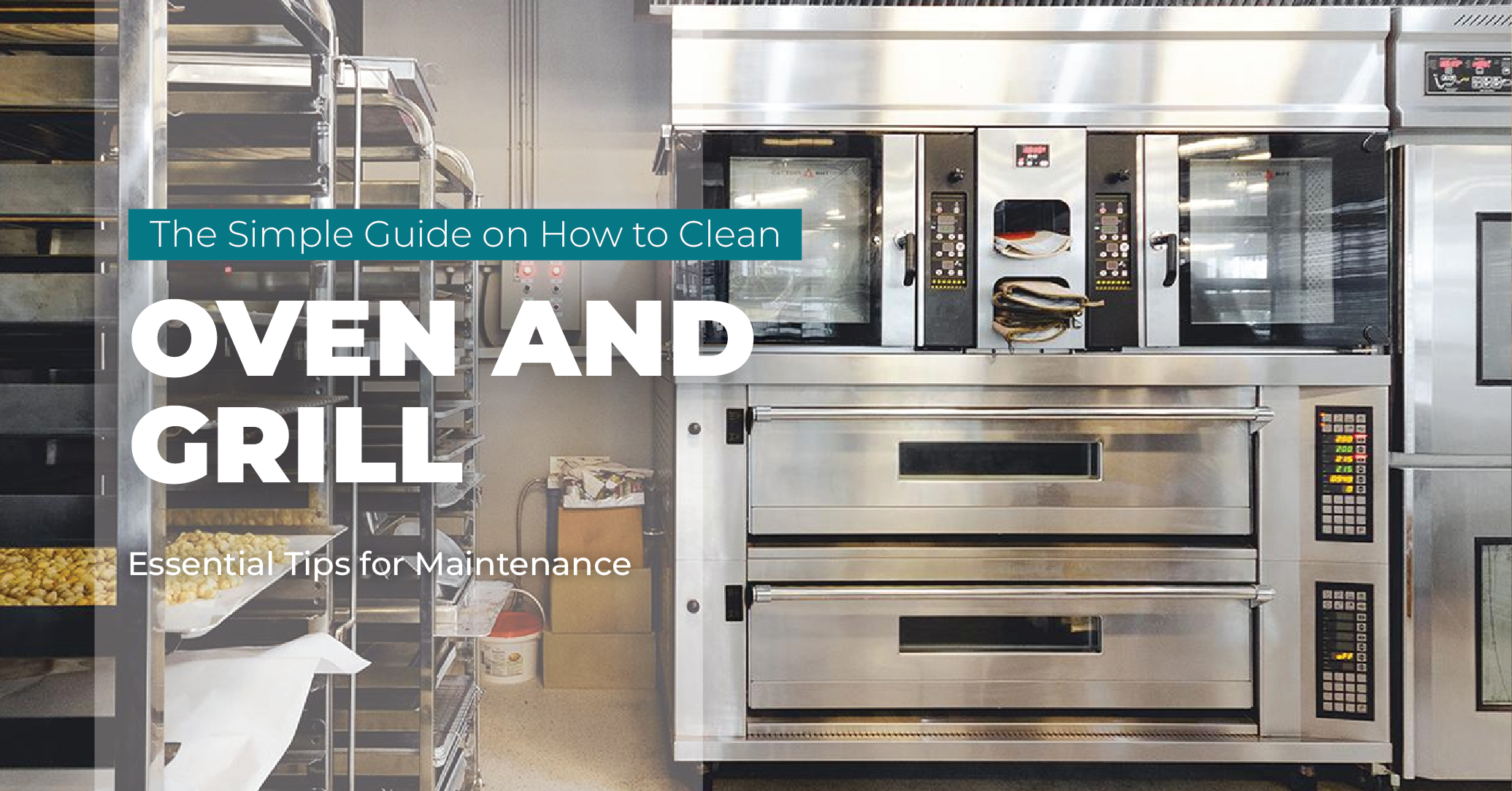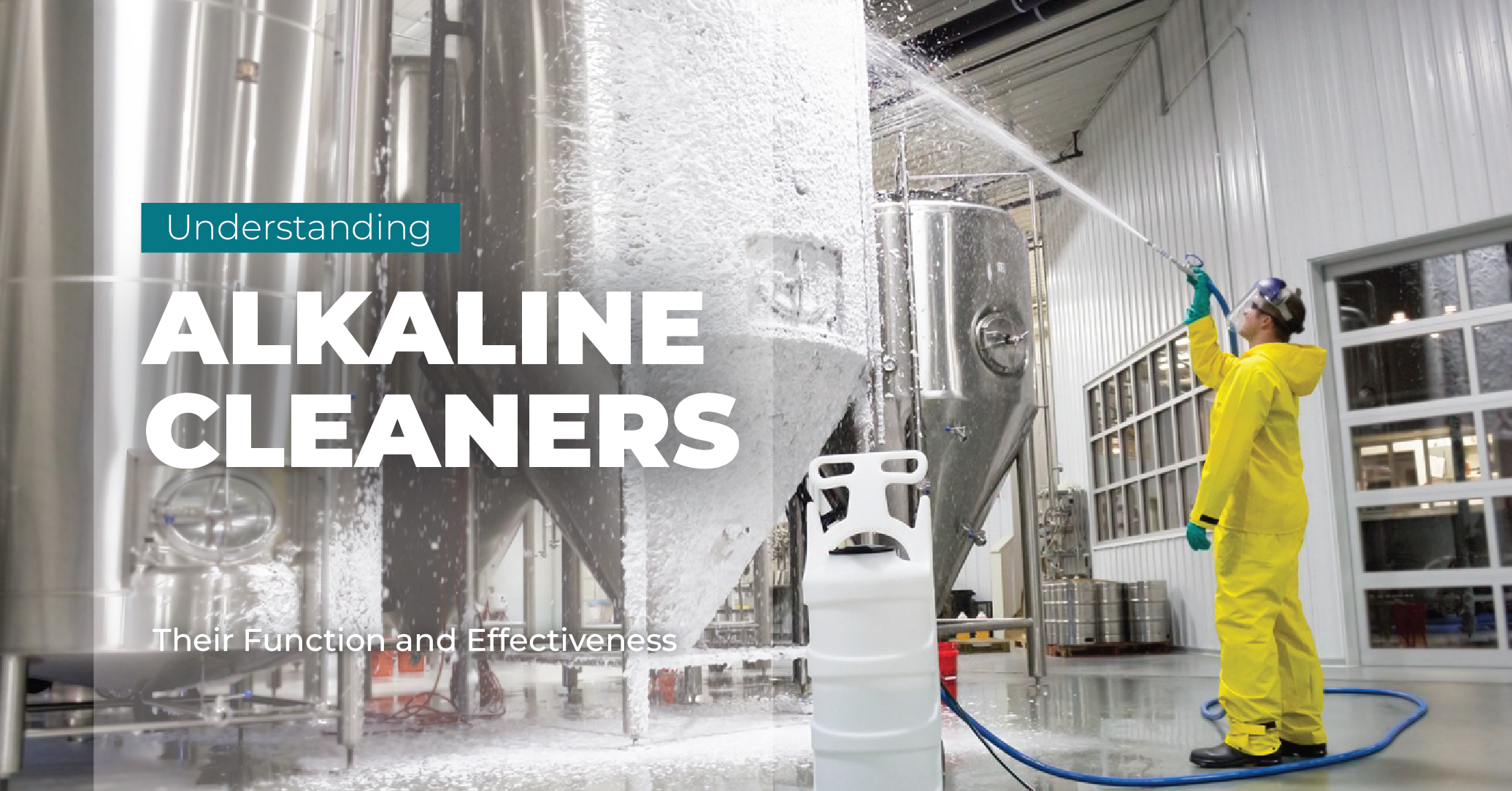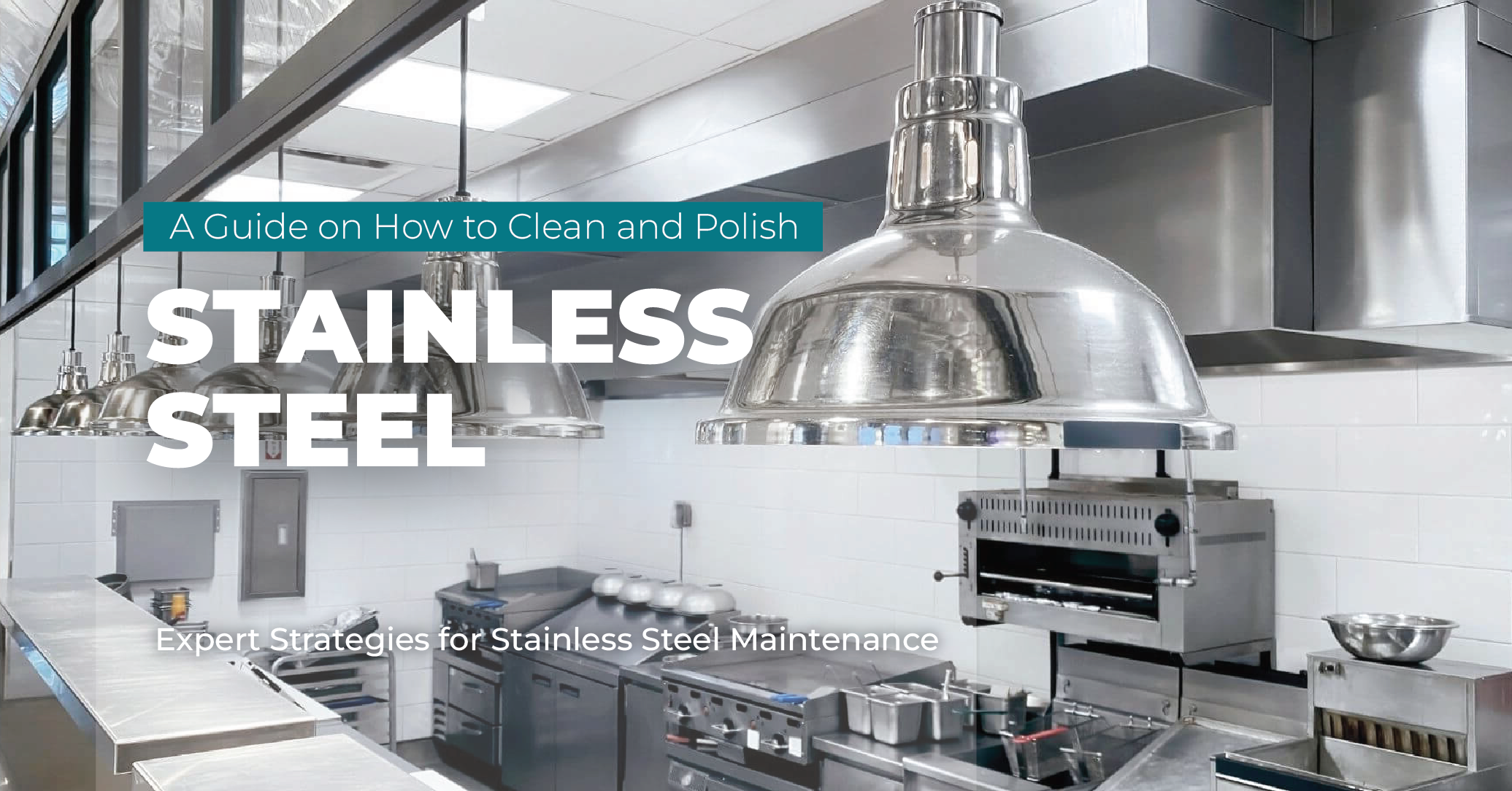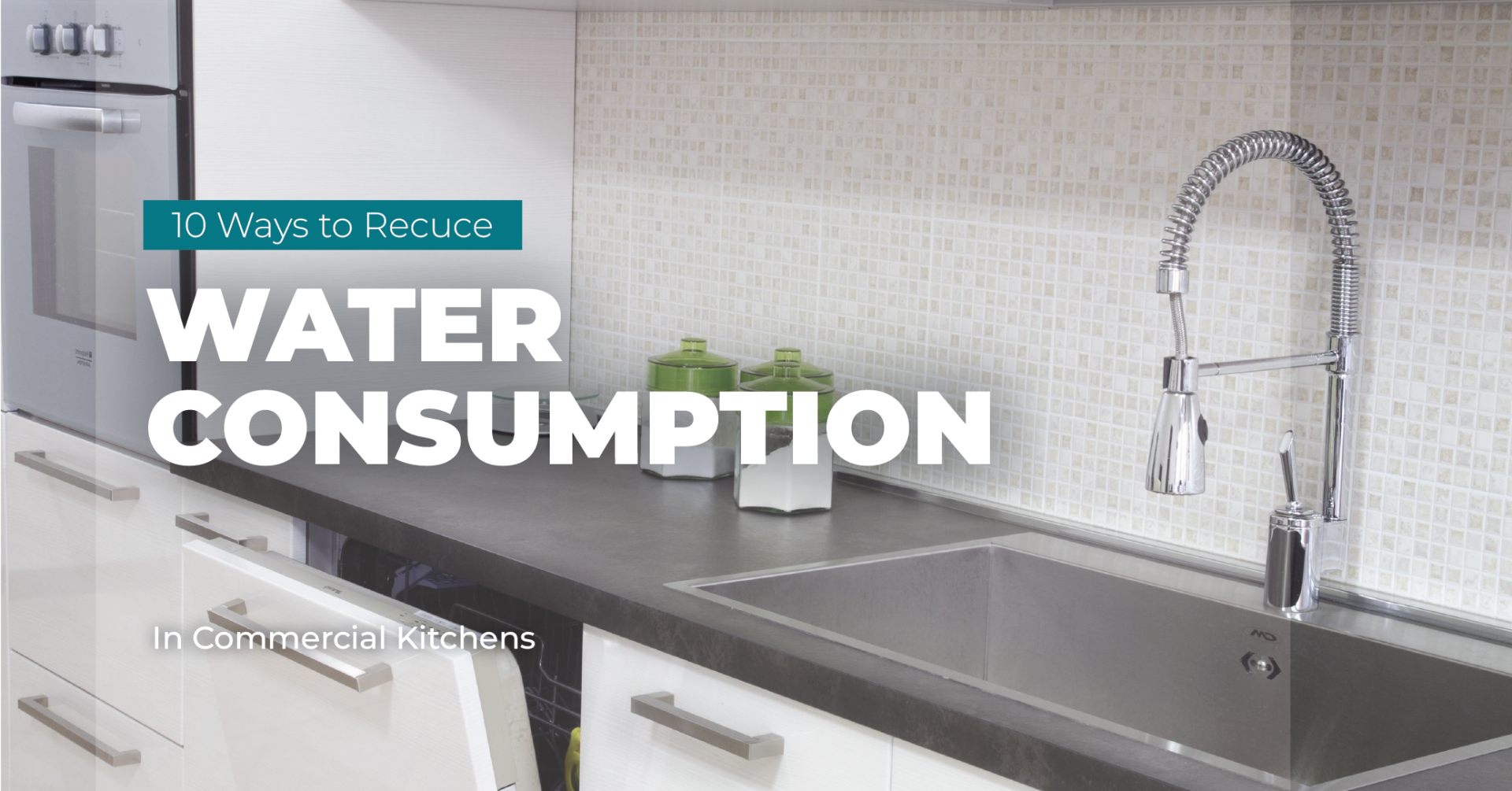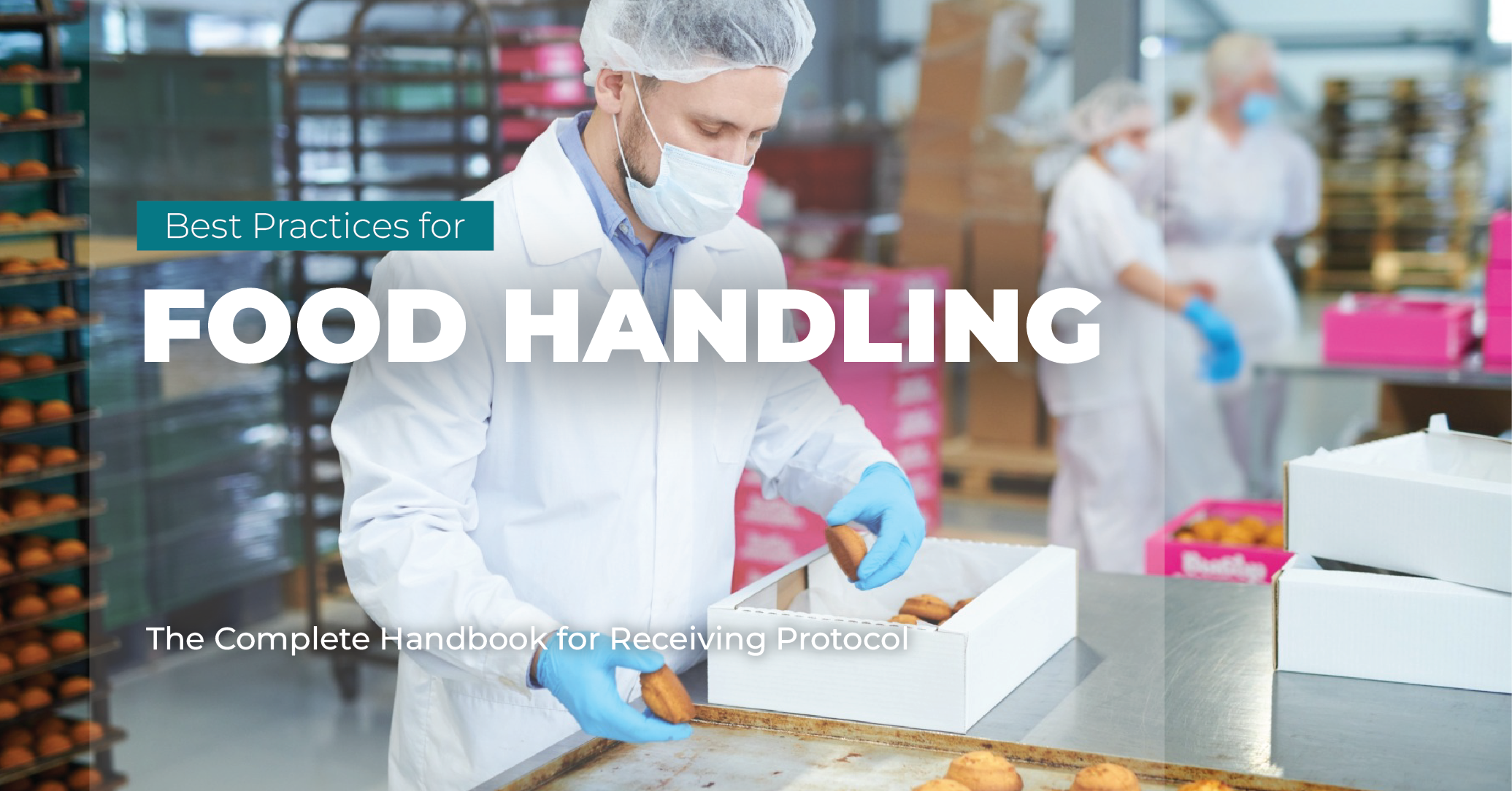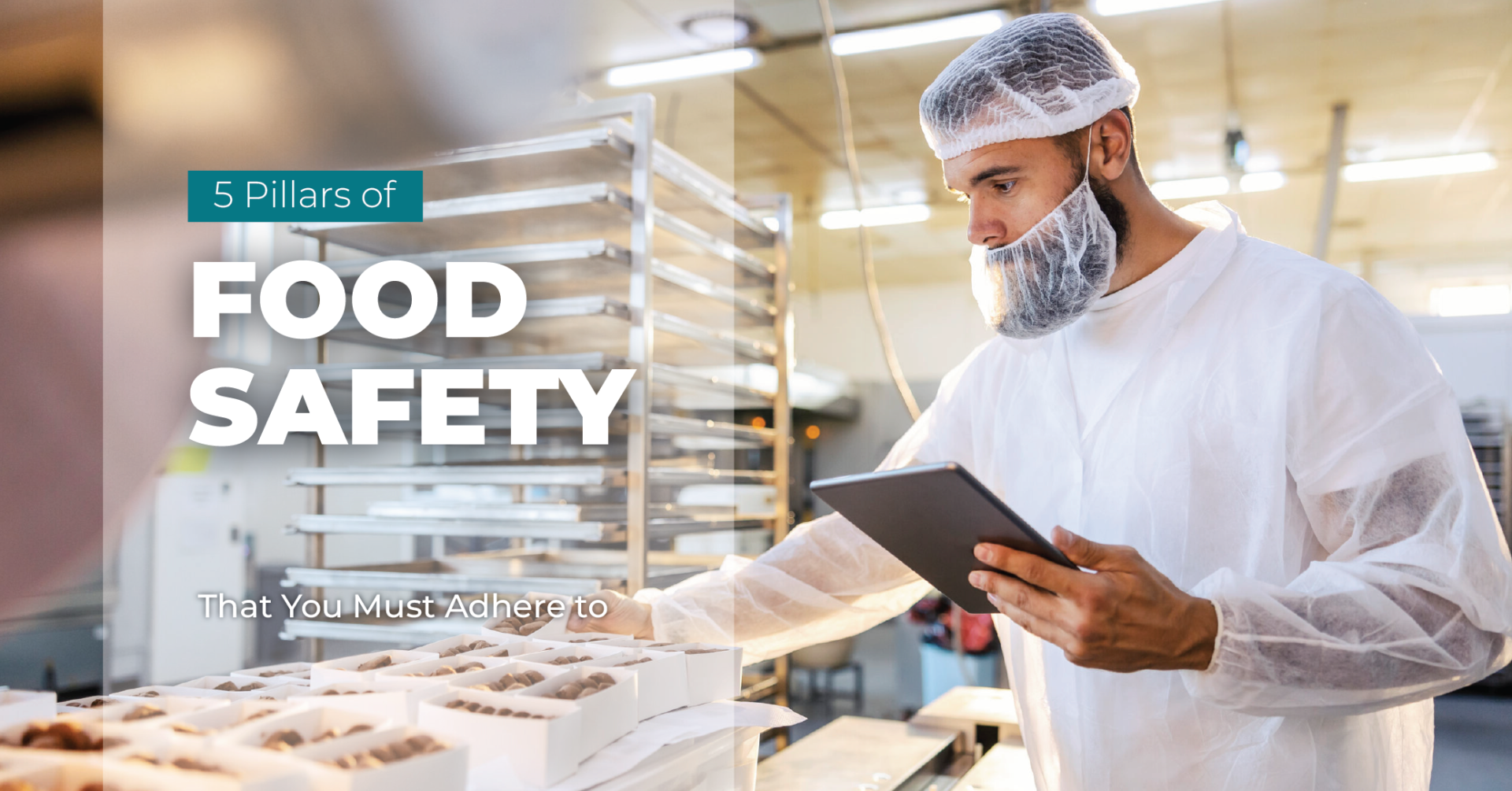
5 Pillars of Food Safety That You Must Adhere To
Food safety is essential for maintaining public health, preventing foodborne illnesses, and ensuring that meals served are safe and of high quality. Whether you’re working in a commercial kitchen, managing a food business, or working as a private chef, adhering to food safety practices is non-negotiable. This article explores the five pillars of food safety, providing actionable steps to uphold hygiene and safety standards in food preparation and handling. Top 8 Eco-Friendly Housekeeping PracticesA 7-Step Cleaning Procedure for Effective Commercial


